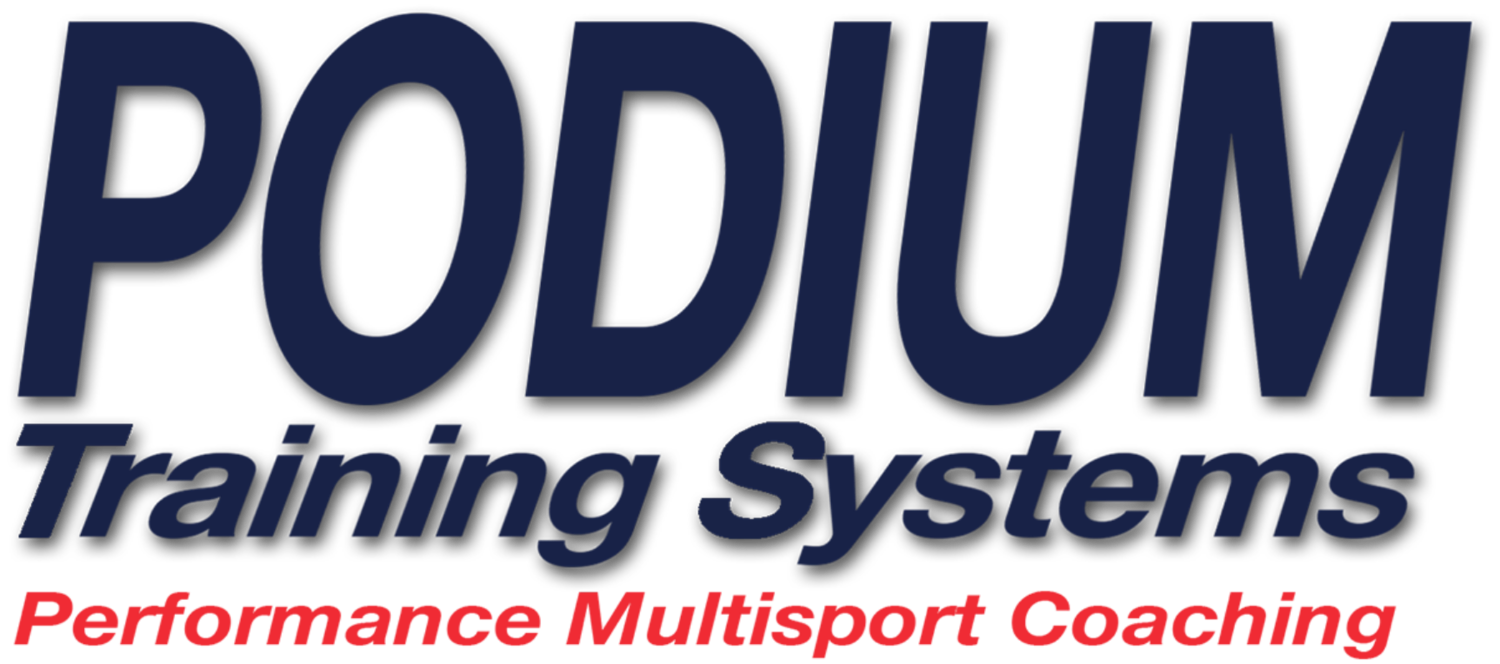It doesn't matter if there are two people at practice, or 22. If I'm coaching, I need to be on deck. And I'm not speaking from a safety standpoint - but rather from a coaching standpoint. How can I make stroke corrections? How would I ensure drills are being done as they should be by each individual? How can I provide feedback to everyone? Those athletes are there to be coached, and I'd be remiss if I wasn't paying attention to each an every one of them.
I've had local athletes invite me to join in on one of their training rides - ".....to see if there's anything in the bike fit, or pedal stroke, or body position that might be off and in need of correction." Well, that's what bike fits are for. If I go on a ride with an athlete, I won't be paying 100% attention to the athlete. I'll be watching the road, or trail. Those kind of corrections are best done one on one, with the athlete on a bike trainer, and with me (the coach) 100% engaged.
As a coach, our training has to take a back seat. It has to be done at odd times of the day when you have the ability to sneak in a swim, bike, or run. Or a day may come and go when you simply can't get in your planned workout.
Being a coach is all about coaching your athletes.

